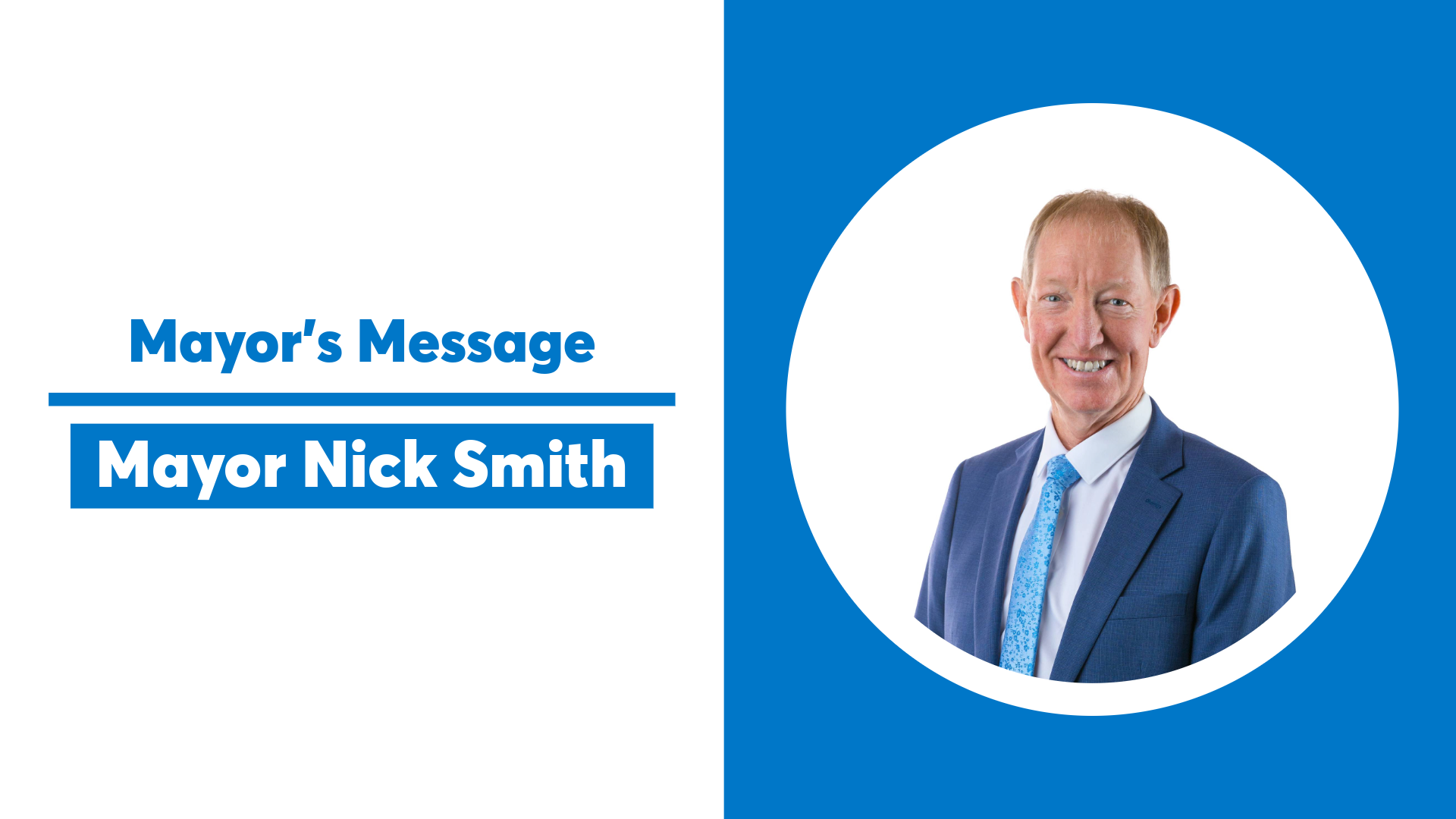Mayor's Message
08/11/2024 2:35pm
I am chairing a Local Government NZ working group that is leading a discussion on how to strengthen the democratic mandate councils have to represent their communities.
The decline in participation in council elections is an existential threat to local government. The voter turnout rate nationally has fallen from 57% to 42%, getting so low it is a risk to councils’ mandate. Nelsonians should take pride that our turnout rate is about 10 percentage points higher than the national average, but it has also fallen from 70% three decades ago to 51% in 2022.
This 42% voter turnout rate for council elections in NZ is about half the rate of central government elections at 78%. The local election turnout also compares poorly internationally. The working group aims to identify why people are not voting in council elections and find practical changes that will enhance participation.
The most urgent challenge, as most councils conduct their elections by post, is the decline of the postal system with volumes down a staggering 80% since 2000. It’s proposed that NZ Post mail deliveries drop from three to two days per week in urban areas and from five to three days per week in rural areas. There have been commitments to trial e-voting but none have eventuated and security remains a major concern. The third method is polling booth voting as per general elections.
An underlying issue of concern is ensuring voters understand the role of councils. There are problems with electors knowing who the candidates are and what they stand for.
Another issue is the appropriate term for local government. This discussion is pertinent with the Coalition Government proposing a referendum on central government moving to a four-year term. There is a strong argument for alignment. The case for councils to move to four years is that it will better enable them to deal with long-term matters such as infrastructure, housing and climate change.
These challenges over turnout, voting method, information and length of term come at a time when democratic values are being challenged globally. Changes to our electoral system are rightly subject to a high level of scrutiny as they go to the core of how our communities are governed. Our group is working hard to try and build a platform for positive change. We welcome your feedback. My goal is to help make our local democracy work better. Read the issues paper and have your say at www.lgnz.co.nz/policy-advocacy/key-issues-for-councils/local-electoral-reform. Submissions close on 19 January 2025.

